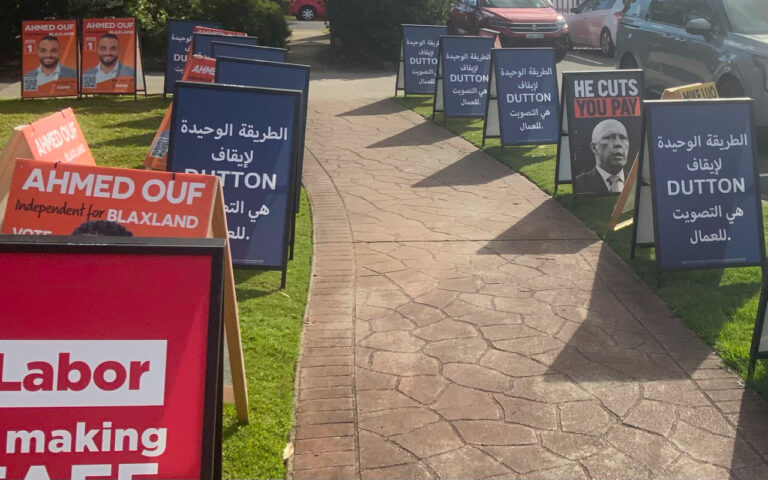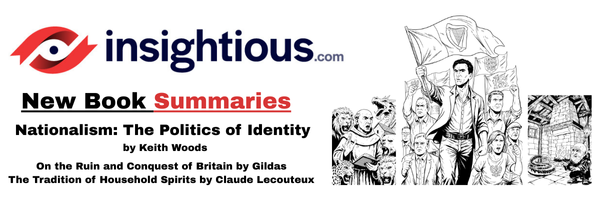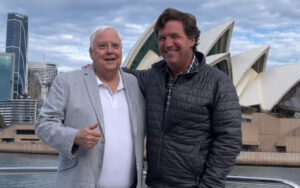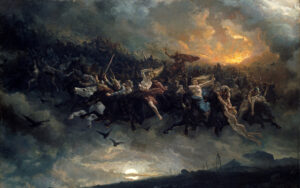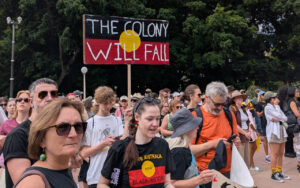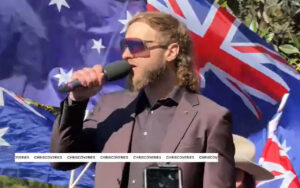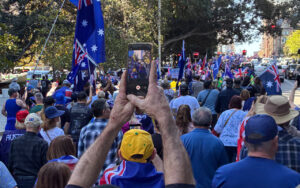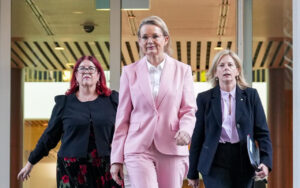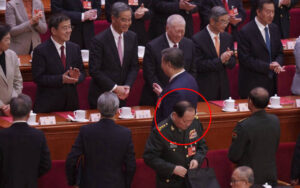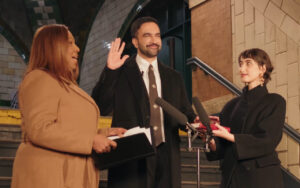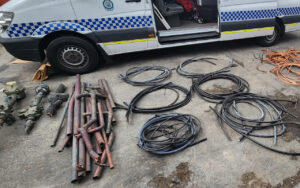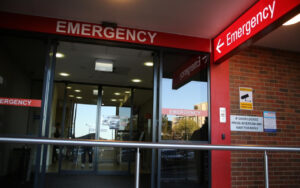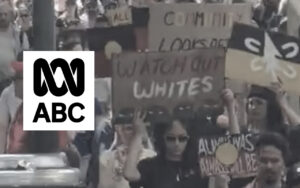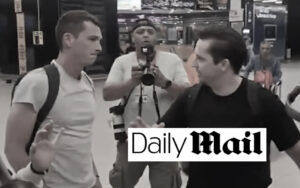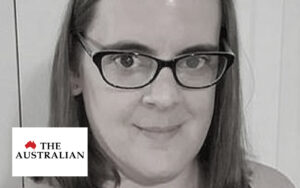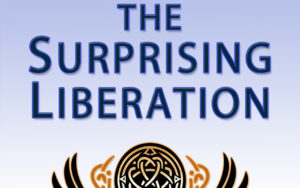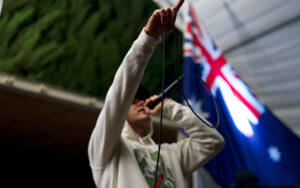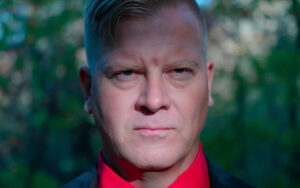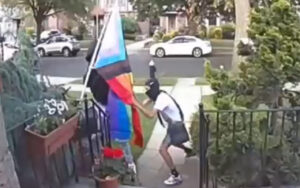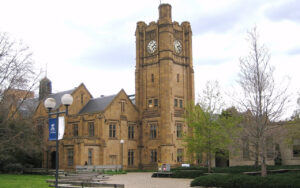About one in 10 Australian citizens who were enrolled to vote didn’t turn up on election day, and another 5% voted informally, official data shows.
A record 18,098,797 people were on the electoral roll for the May 3 federal election, including 1.4 million first-time voters, 30% of whom were “new migrants”.
But only 16,409,848 (90.67%) cast a ballot, and of those 919,148 (5.6%) voted informally in the House of Representatives – meaning they either filled out their ballot papers incorrectly, added marks or words other than numbers, or wrote nothing at all.
Turnout was highest in Tasmania, where 93.17% voted, and lowest in the Northern Territory at 70.81%. New South Wales had the highest informal vote percentage of 8.05%, followed by South Australia’s 5.26%, and the Australian Capital Territory has the lowest with 2.43%.
The informal voting rate was the highest since 2013, and before that 1984 when 6.3% spoiled their ballots. Turnout was higher than in 2022 (89.82%) and during the 2023 Voice referendum (89.95%), but lower than any other election since voting was made compulsory in 1924.
The Australian Electoral Commission (AEC) said informal voting was affected by factors including the number of candidates in each division, and lower levels of English proficiency.
“Each federal election, the majority of the ten divisions with the highest levels of informal voting are divisions located in Western Sydney with a population that has a high number of people who speak a language other than English. This again appears to be the case for the 2025 federal election,” the AEC said.
“The two divisions with the greatest number of candidates in the 2025 federal election were Riverina (NSW) and Calwell (VIC) with 13 candidates on each of these ballot papers.
“These electoral divisions both experienced increases in the rate of informal voting with informality at approximately 11.2% and approximately 10.6% respectively.”
Werriwa in Western Sydney had the highest number of informal votes at 17.26%, followed by immigration minister Tony Burke’s seat of Watson on 17.01%. Werriwa is just 50.6% Australian-born and 66% of households use a language other than English. In Watson the figures are 45% and 72.2%.
The AEC will also examine a tripling of the rate of informal votes collected from hospitals and aged care centres, The Sydney Morning Herald reported, with “special hospital teams” gathering more informal than formal votes in two seats – Berowra in NSW where 69.2% were informal, and Lyons in Tasmania (54%).
The rise in informal voting and historically low turnout comes after pre-election polls showed a large majority of voters were uninspired by the election campaign, making them pessimistic about the country’s future.
A RedBridge Group and Accent research survey in April found that 67% strongly agreed or agreed with the statement “this election campaign has been uninspiring and lacking real answers to the challenges faced by Australia”.
When asked if “this election campaign has given me hope for the future”, 17% strongly agreed or agreed, 36% neither agreed nor disagreed, and 43% disagreed or strongly disagreed, while 4% were not sure.
Header image: Foreign-language signs at a polling place in Blaxland, western Sydney (Steve Christou – X).
